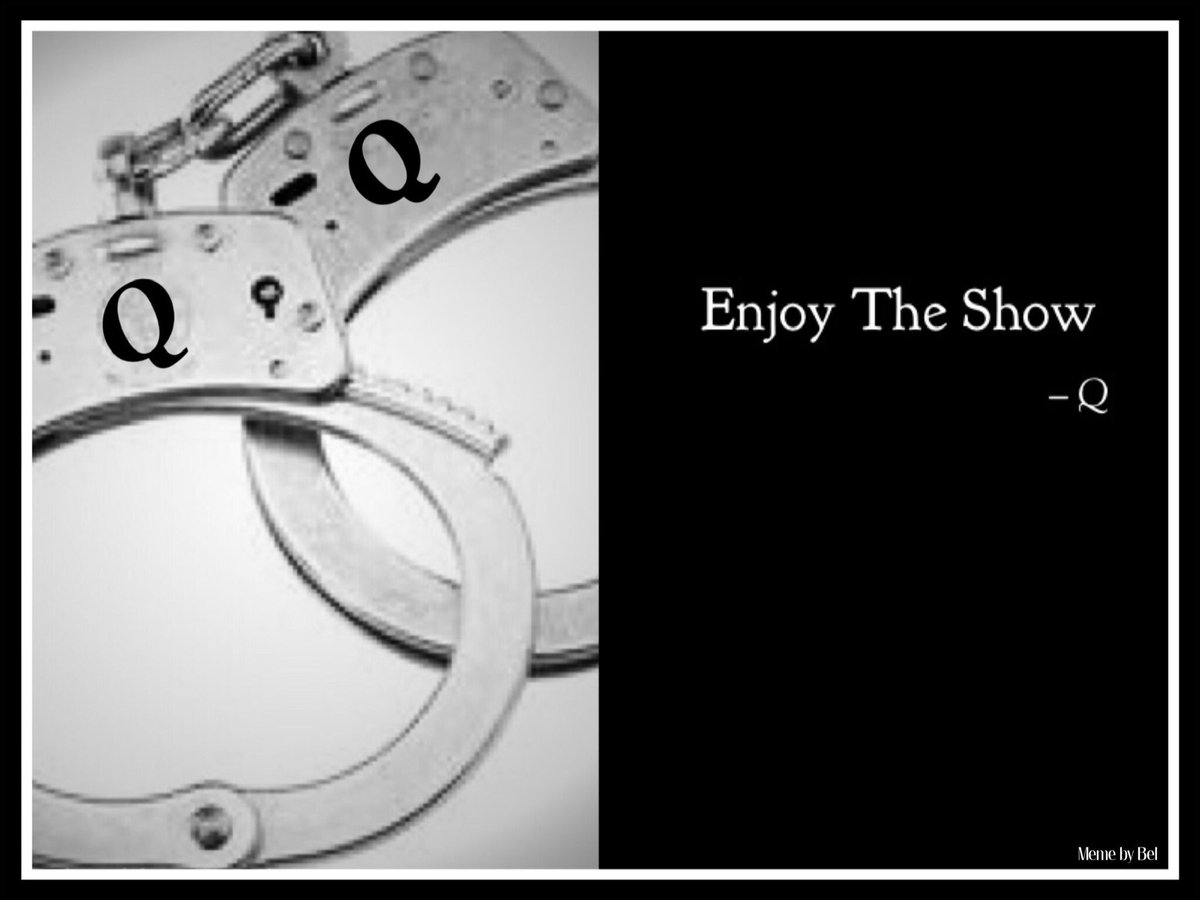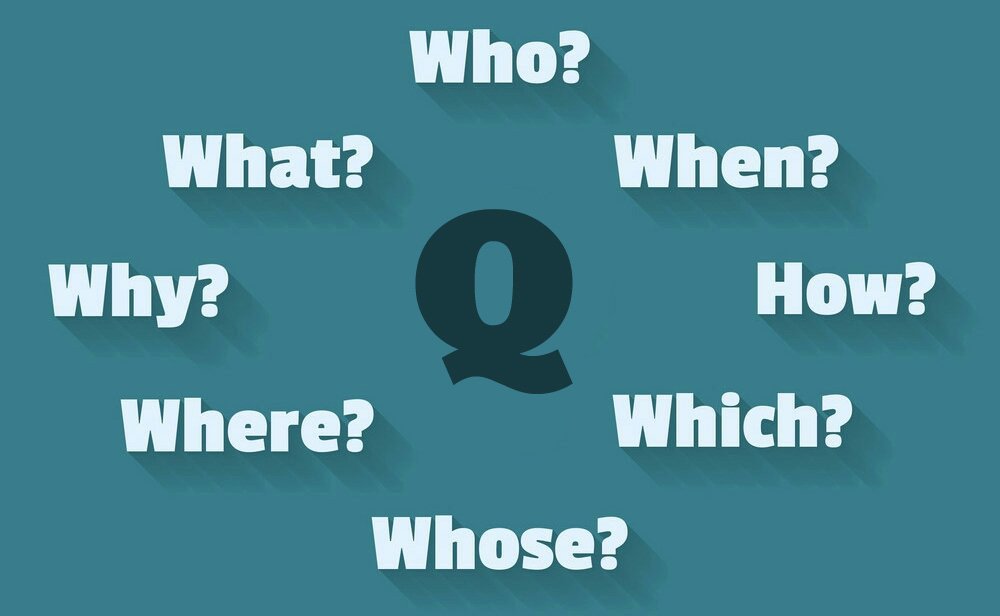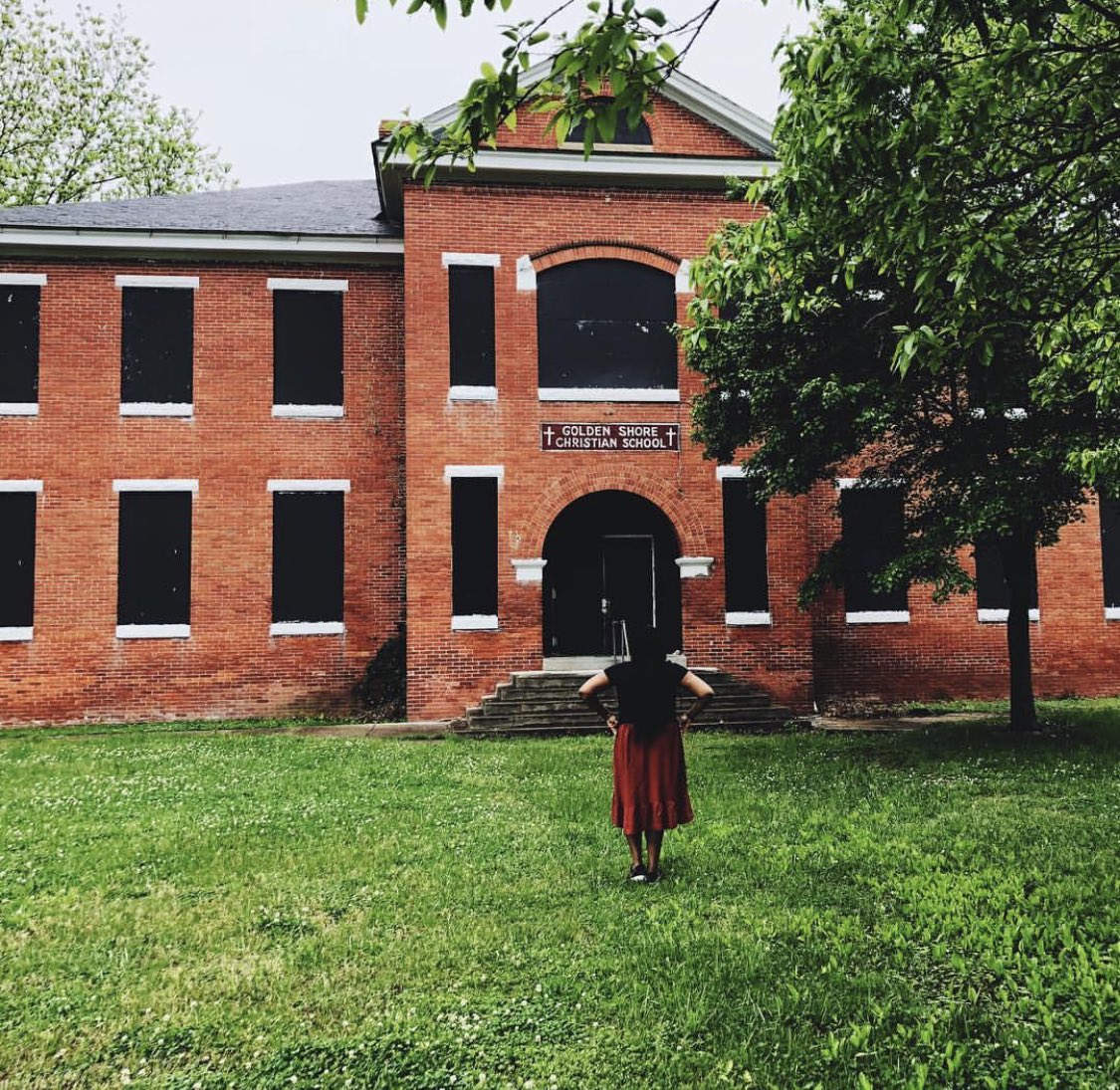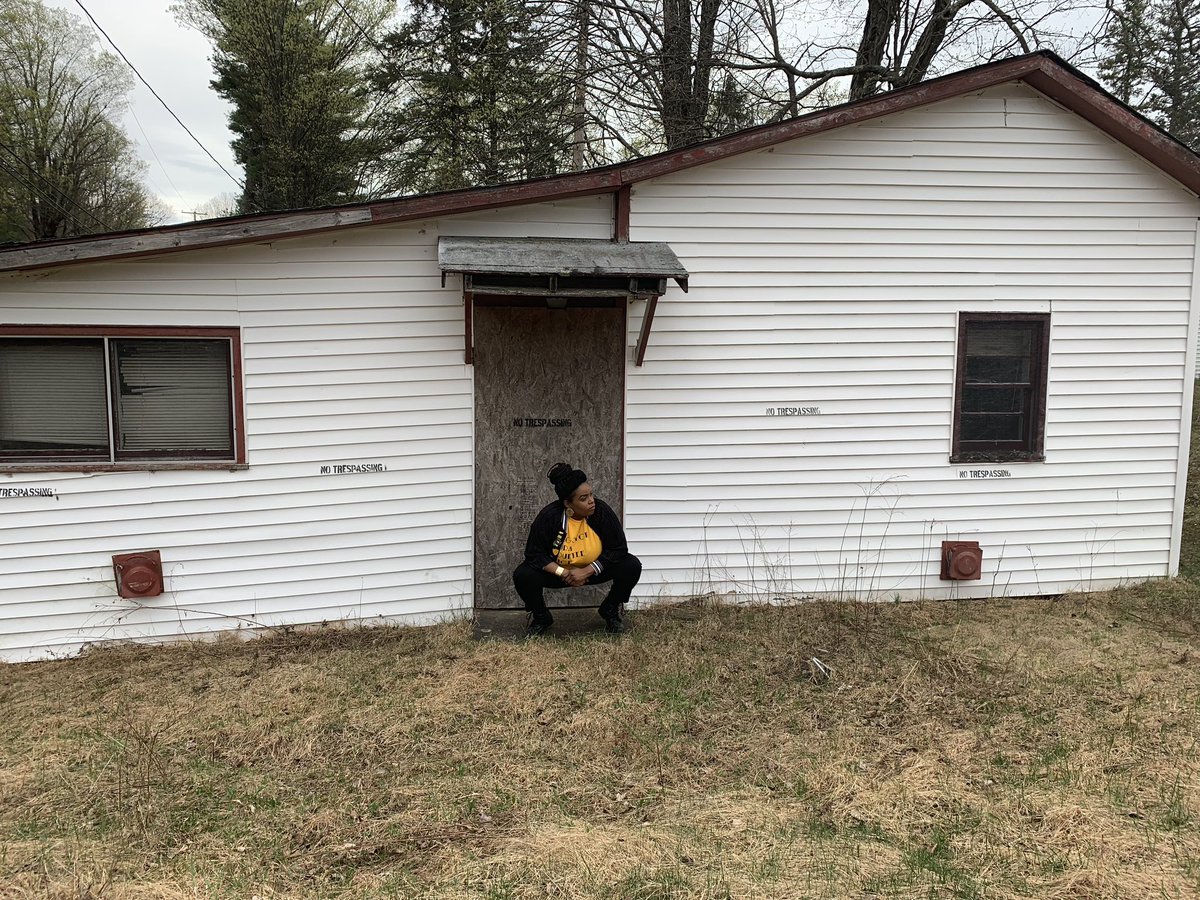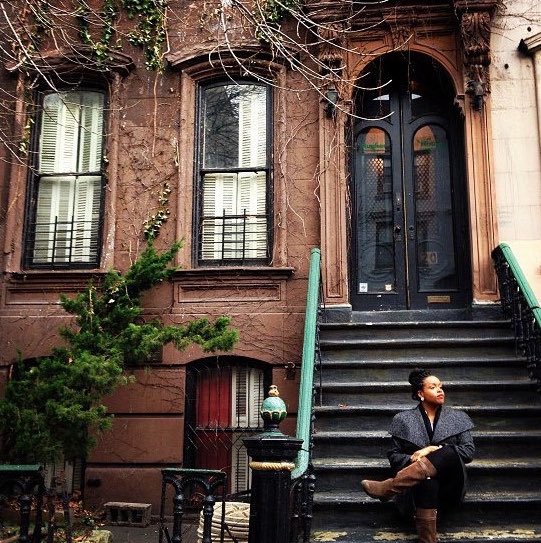1/The late 1990s were a difficult time in the country due to a changing economy, increasing civil unrest and the beginnings of an unsustainably inflationary environment.
@zenzele @Wamagaisa @happ_zenge
Keep Current with HHT Zimbo
This Thread may be Removed Anytime!
Twitter may remove this content at anytime, convert it as a PDF, save and print for later use!

1) Follow Thread Reader App on Twitter so you can easily mention us!
2) Go to a Twitter thread (series of Tweets by the same owner) and mention us with a keyword "unroll"
@threadreaderapp unroll
You can practice here first or read more on our help page!
